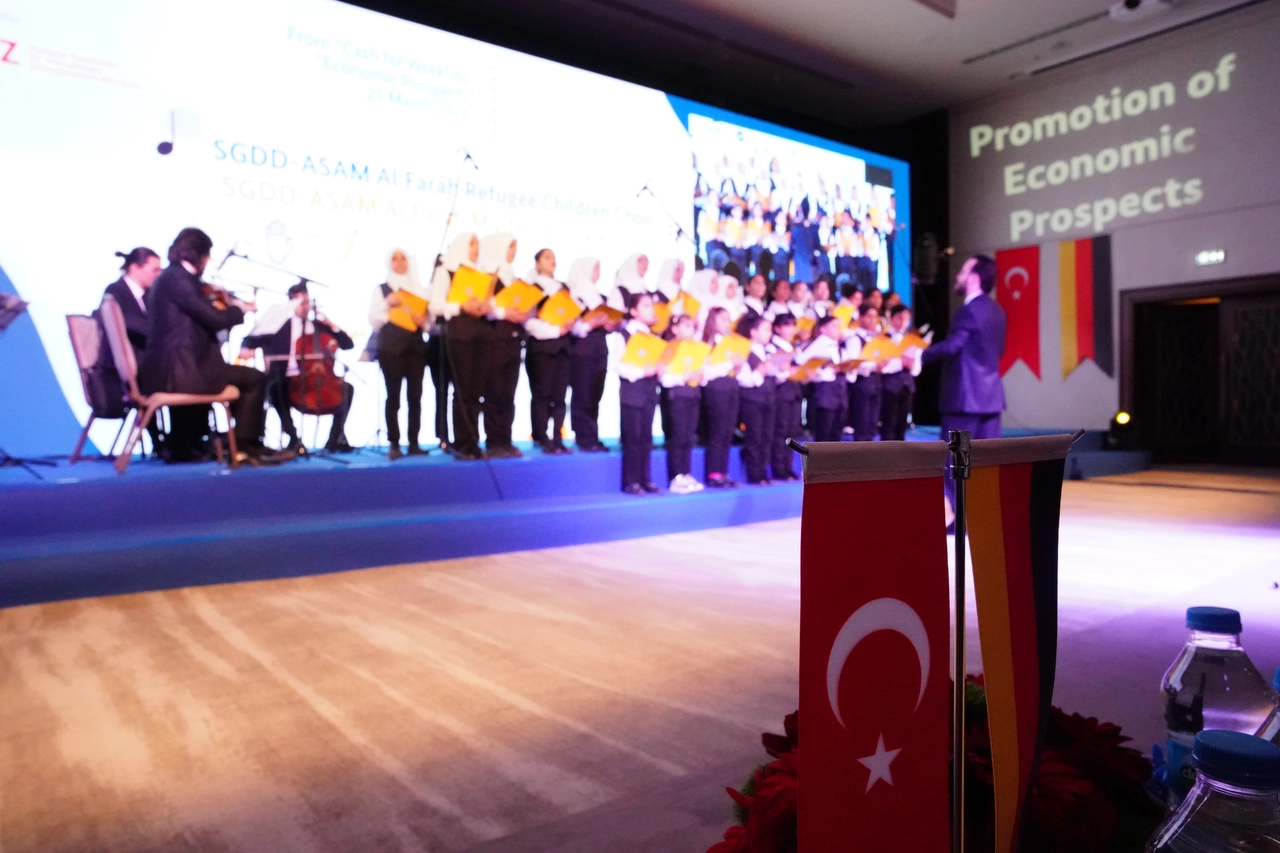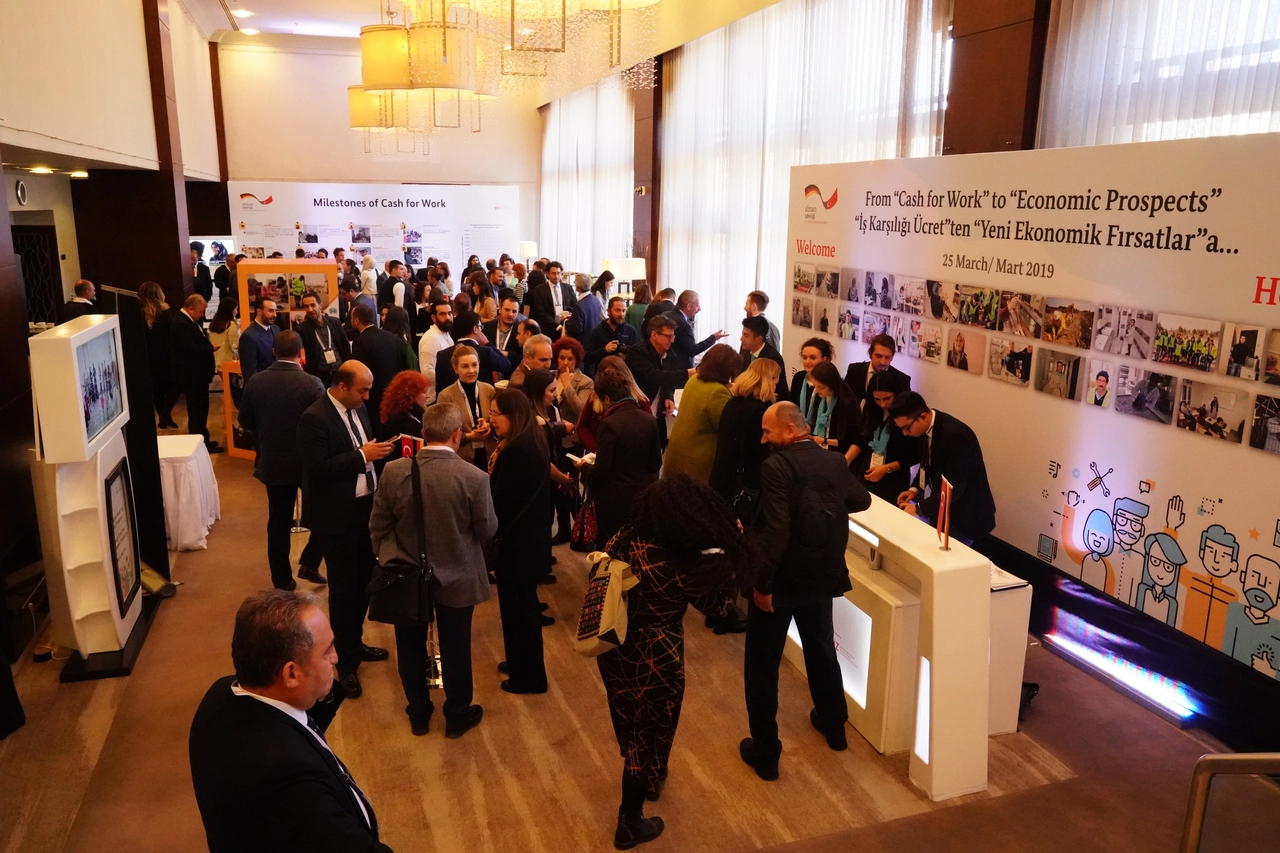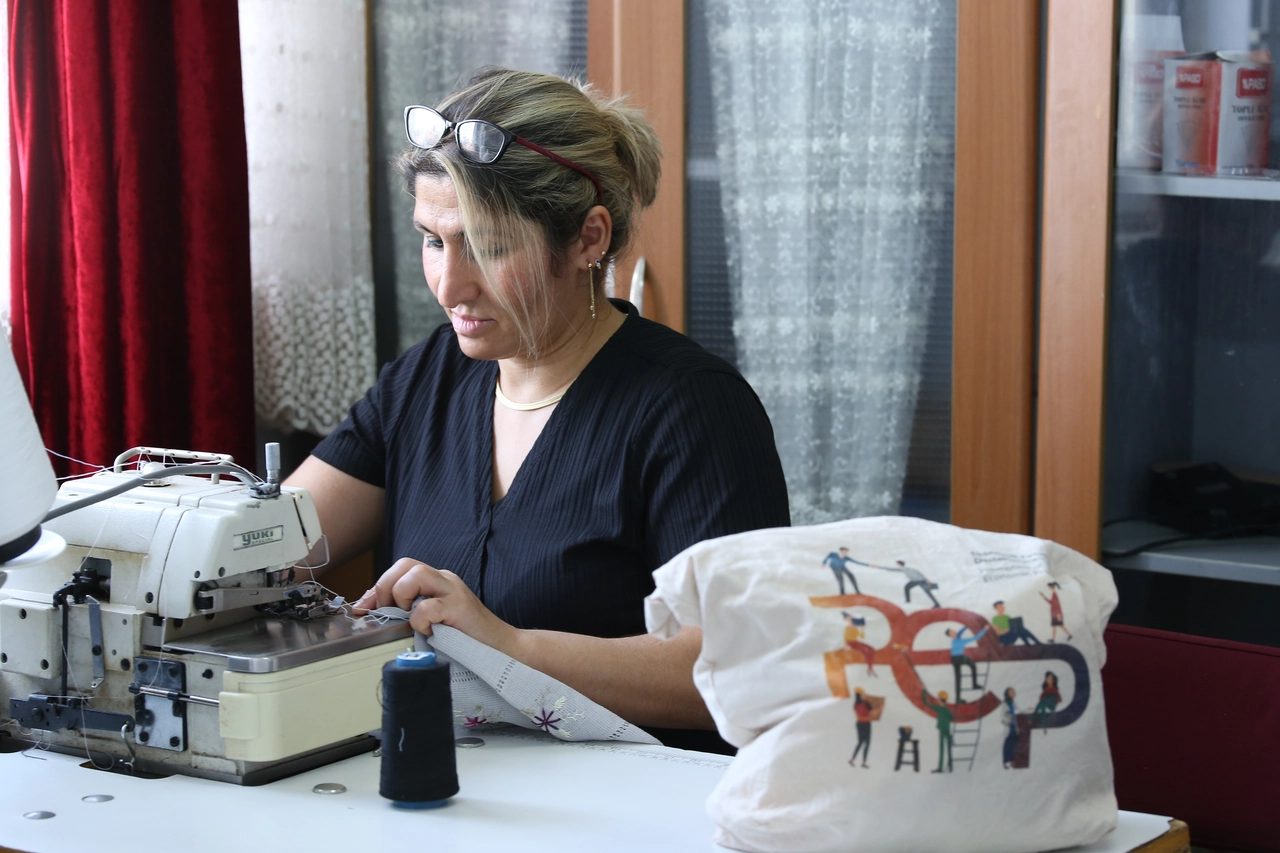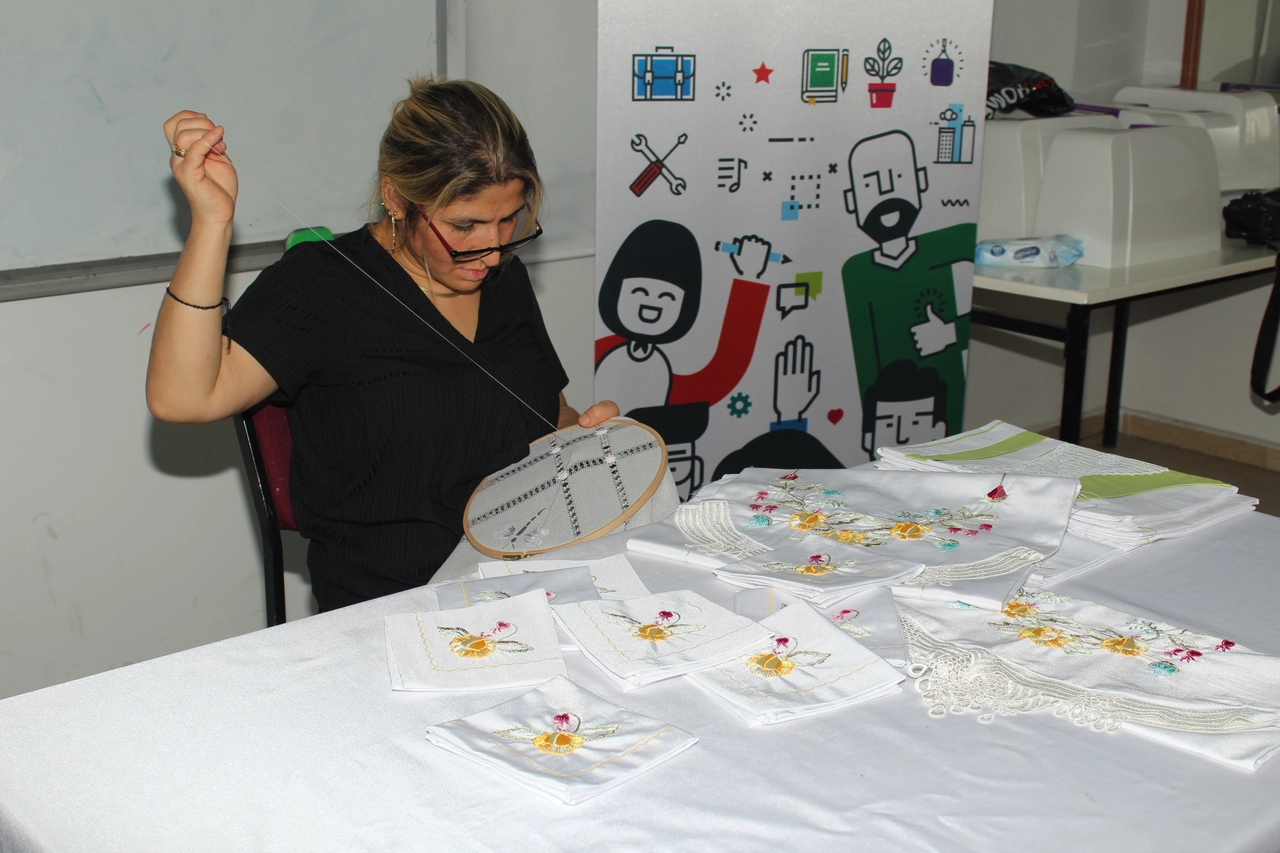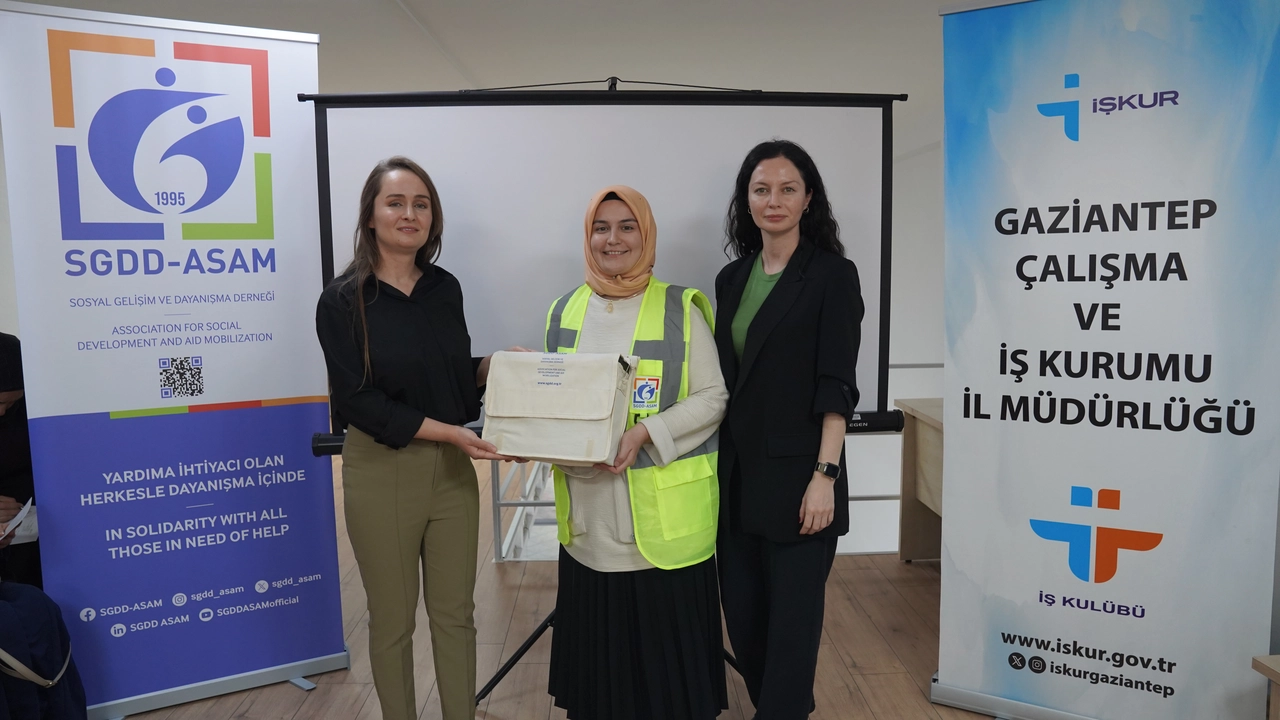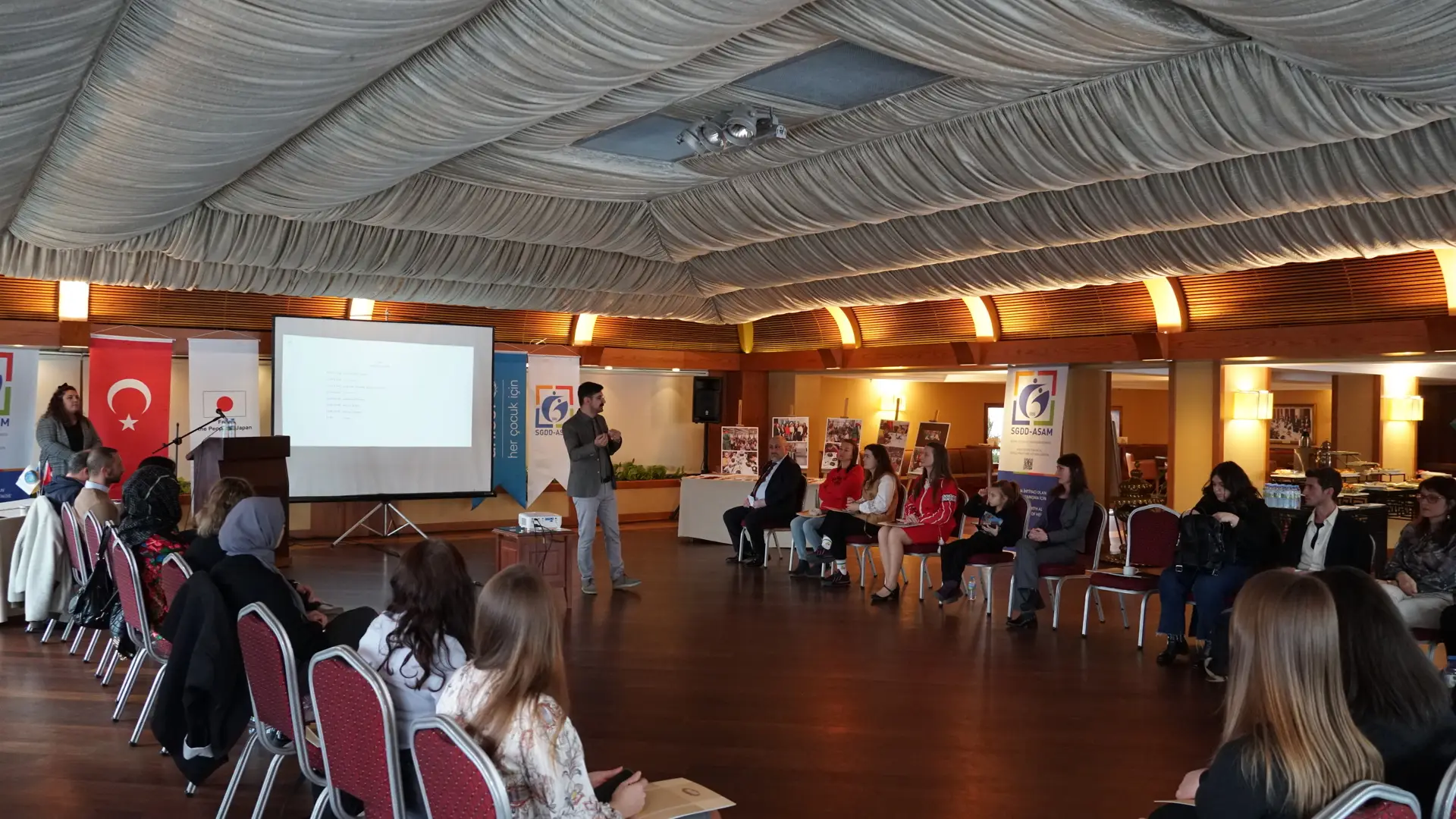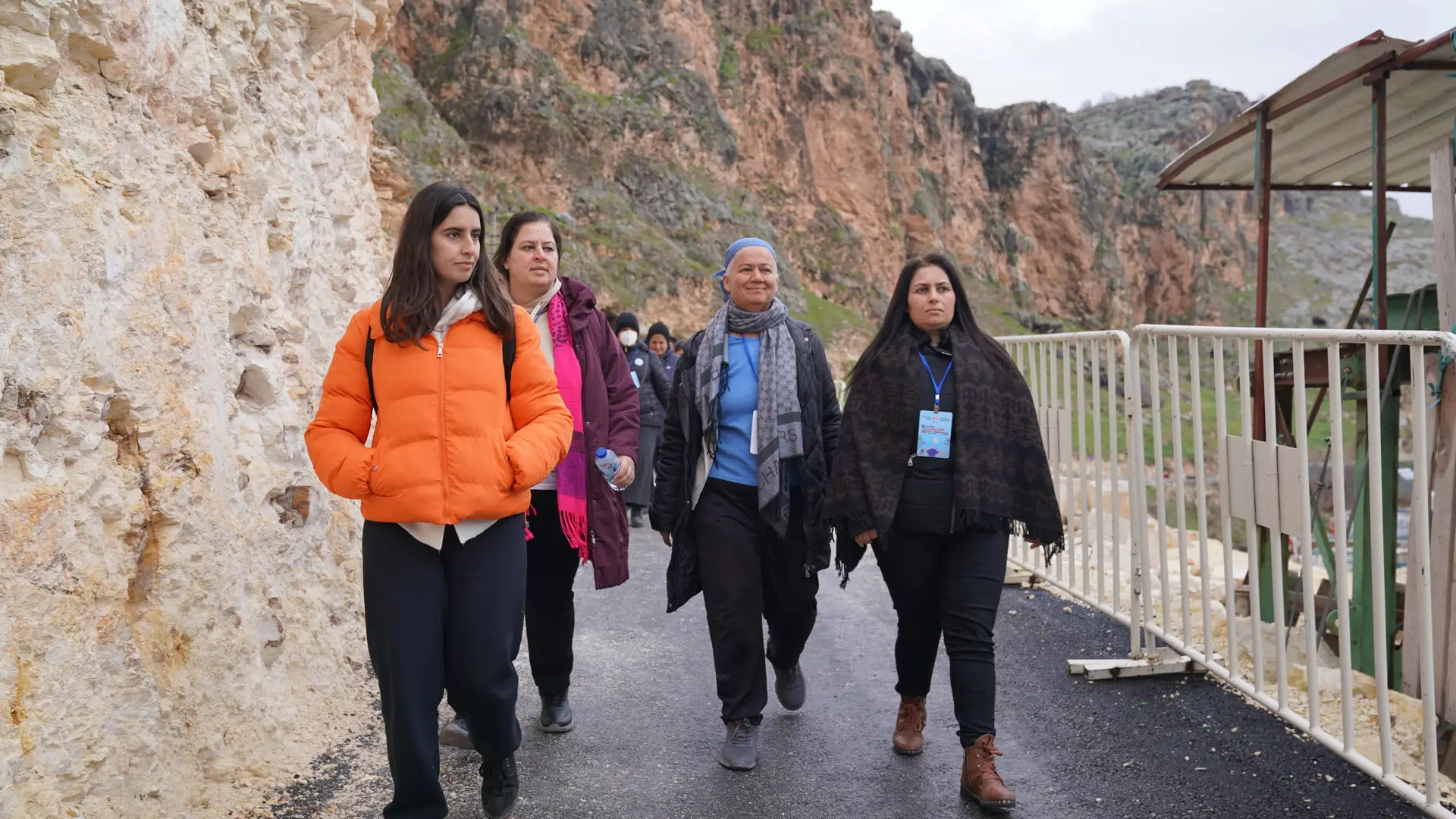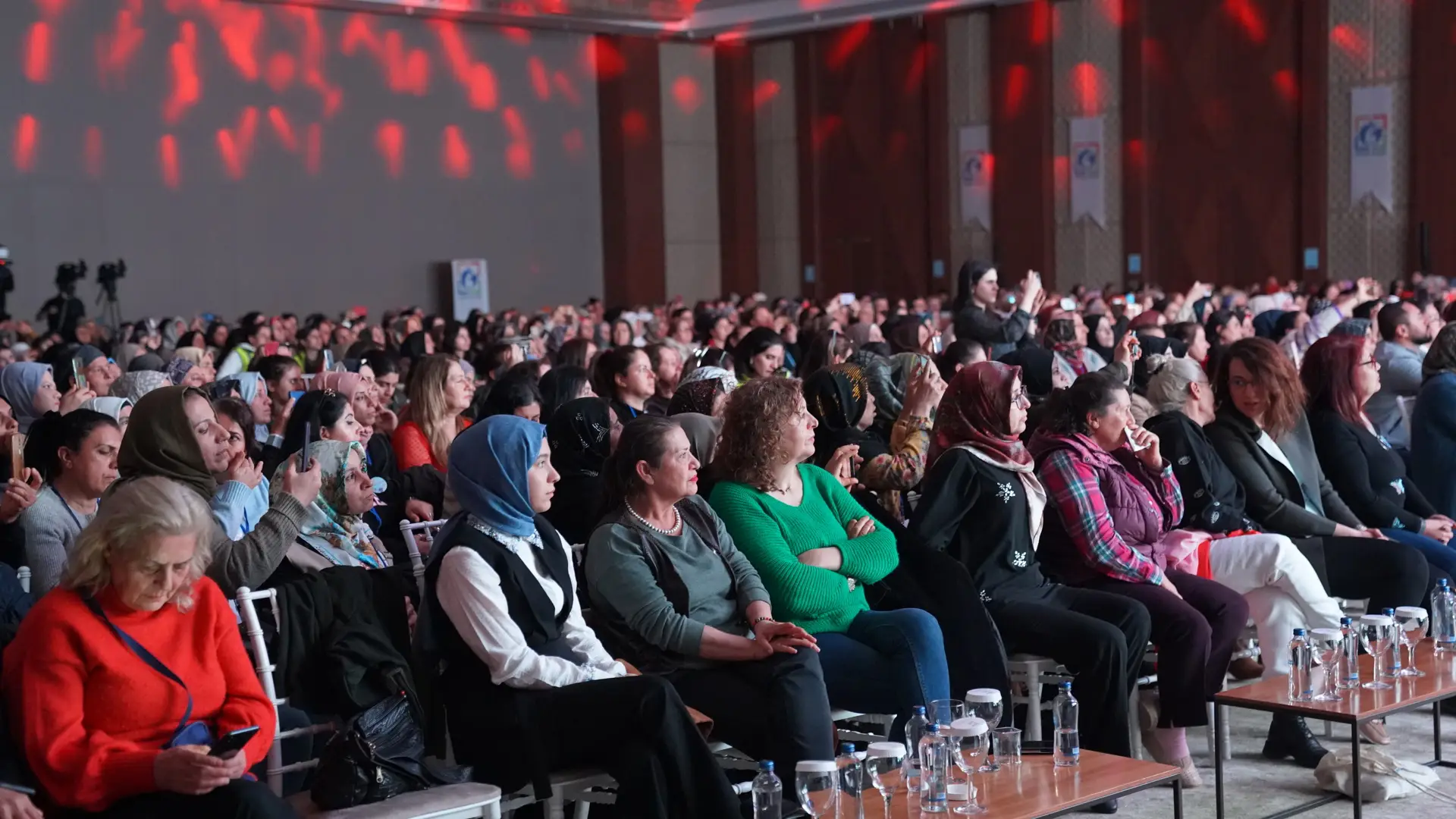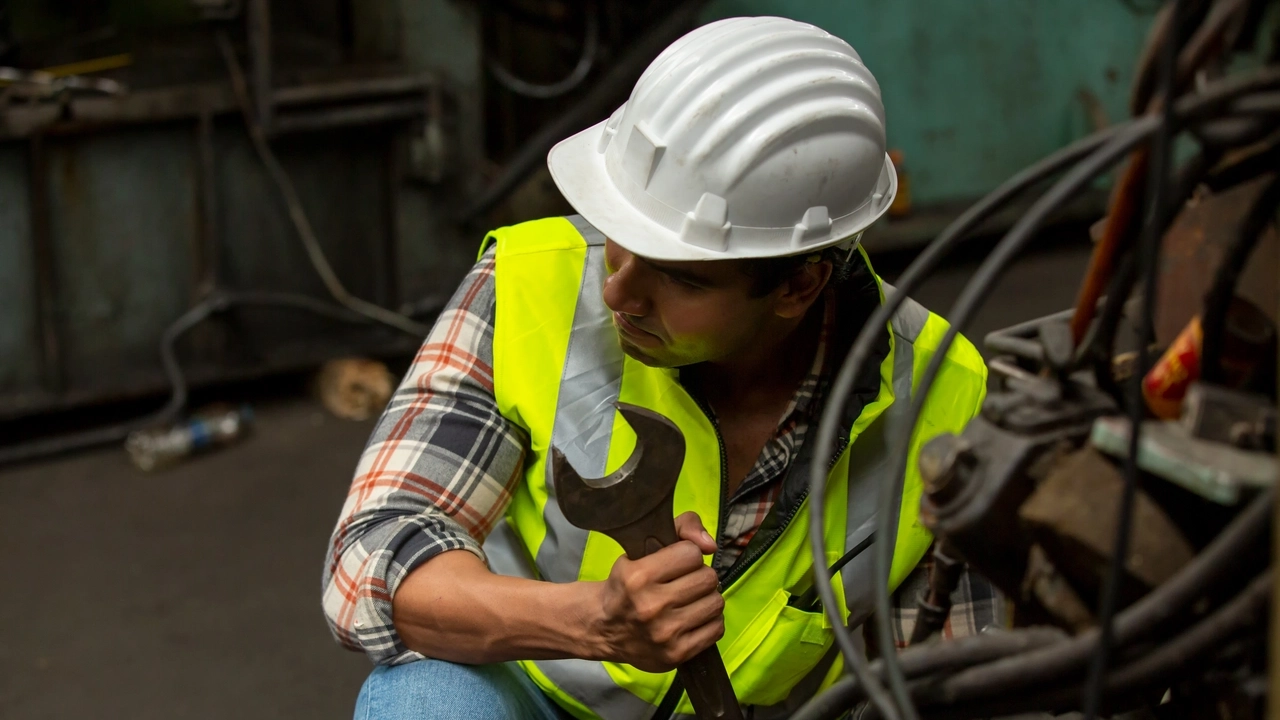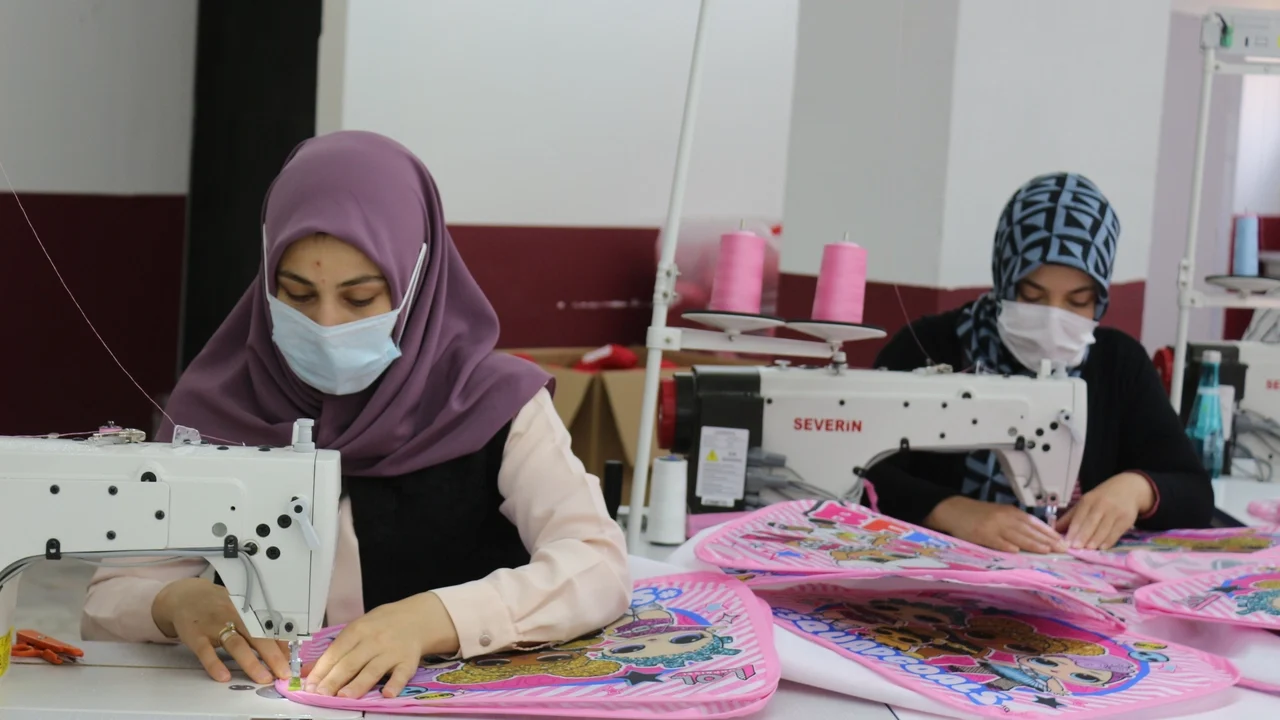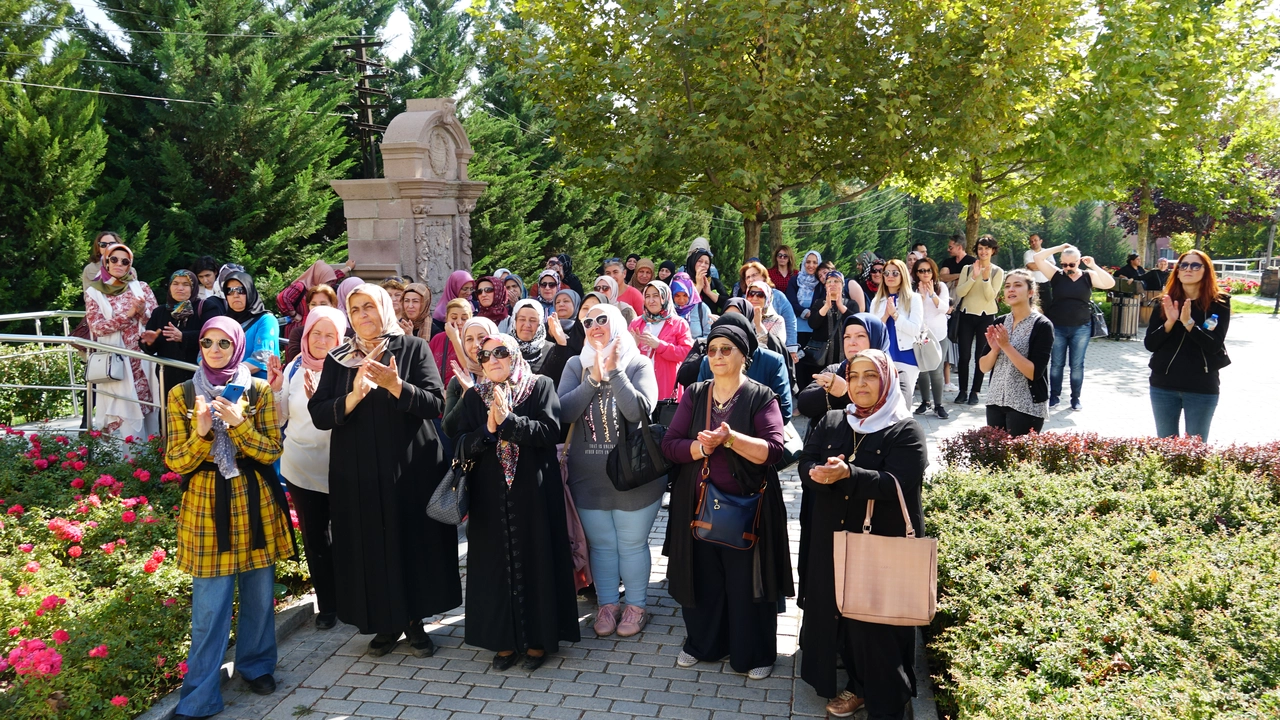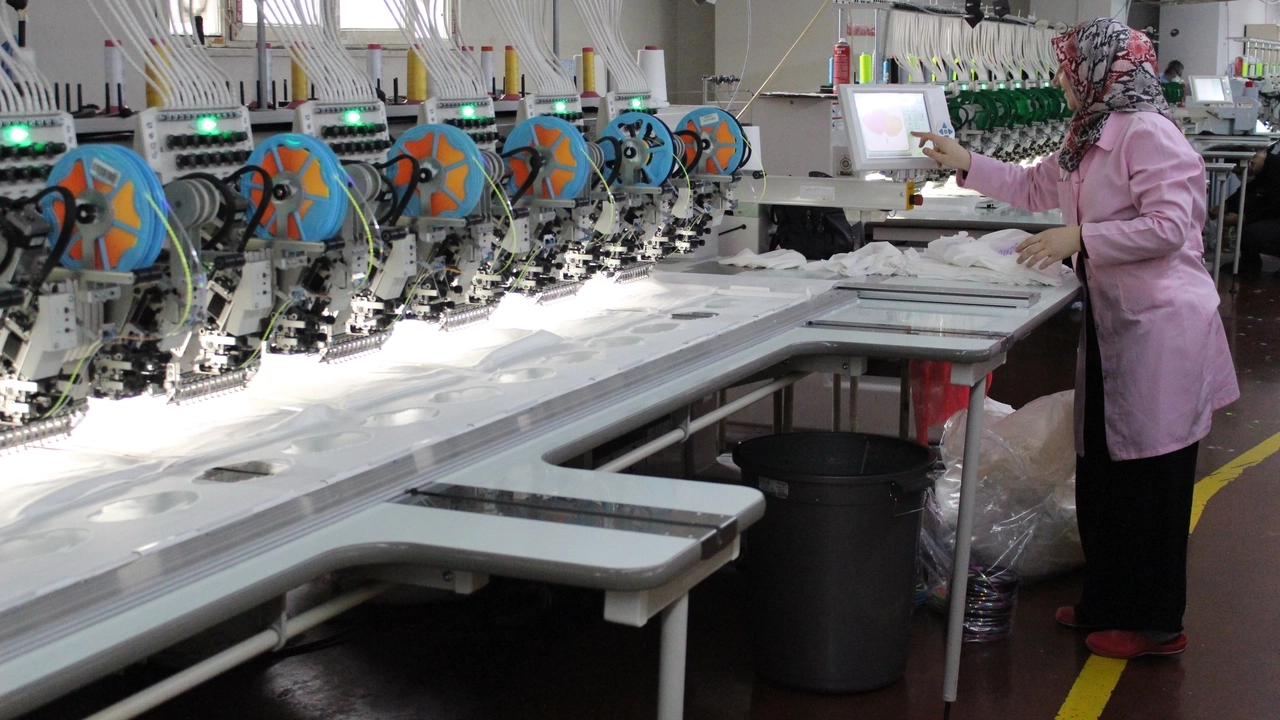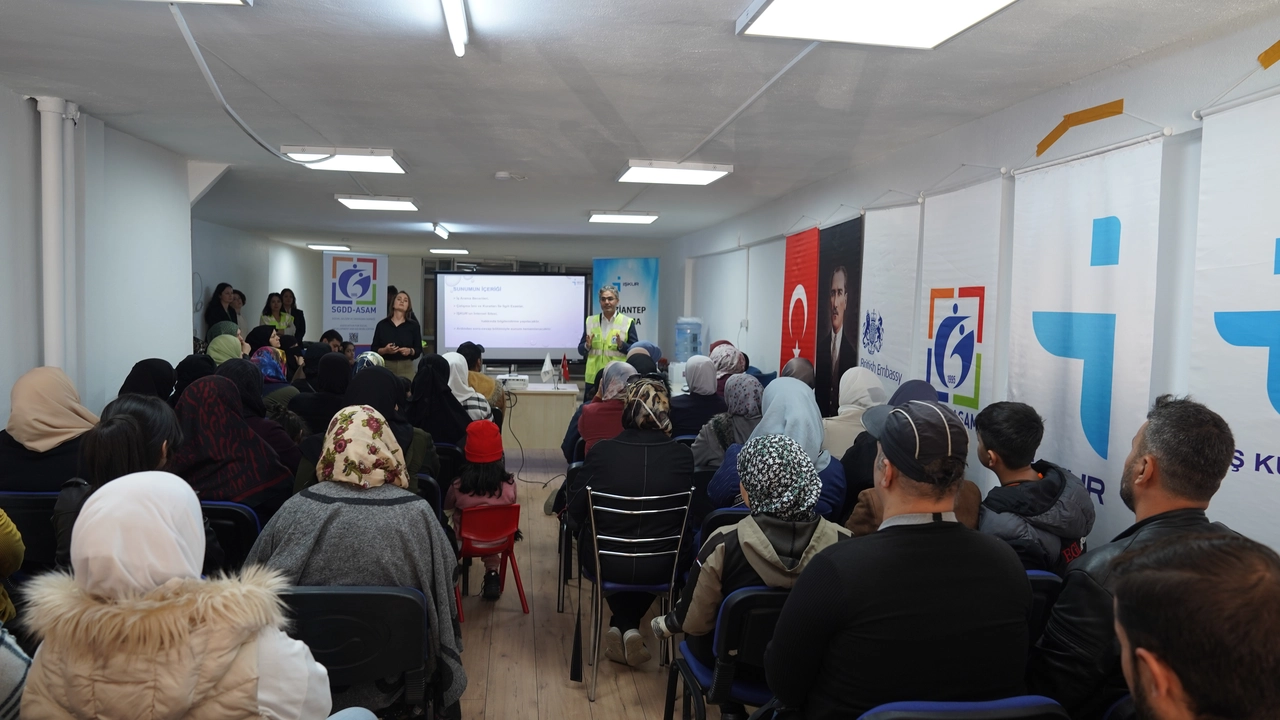Efforts to reduce inequalities in line with the Sustainable Development indicators are among the core works of ASAM, encompassing all vulnerable groups who are left the furthest behind. With the high urbanization rates around the world, the benefits and challenges of this trend are taken into account from a social manner, in coordination with other stakeholders who are working on the infrastructural dimensions of sustainable development. To increase the advantages of urbanization and to reduce the inequalities in urban areas, social sustainability, economic sustainability, environmental sustainability, and spatial sustainability are intended to be addressed in line with the New Urban Agenda published by UN Habitat.

